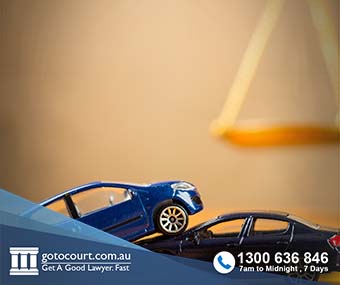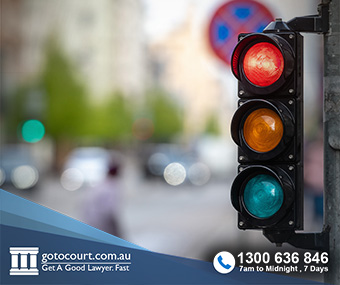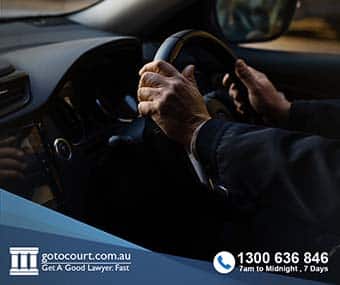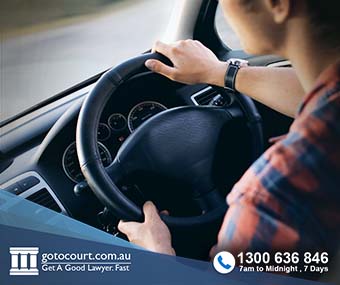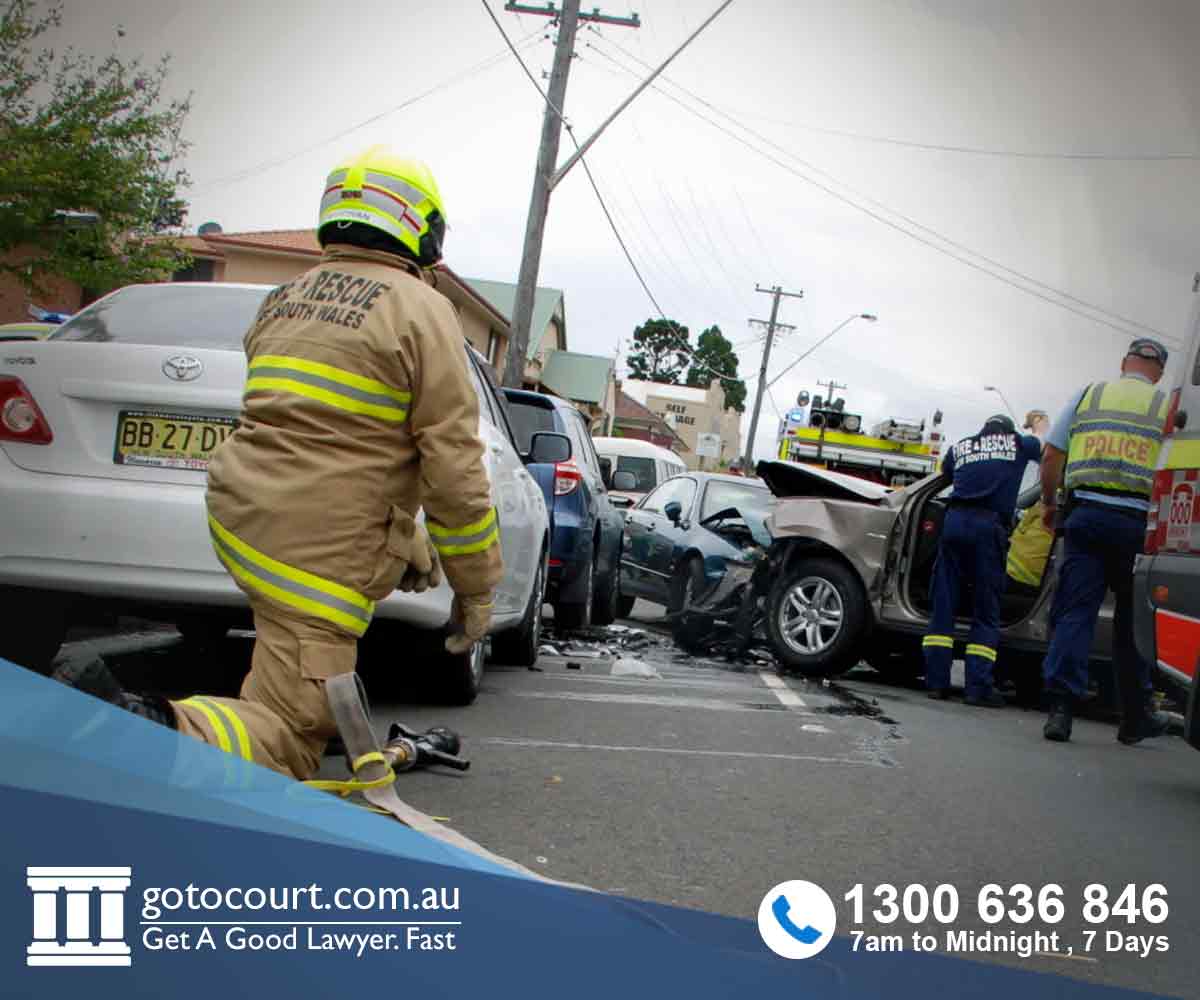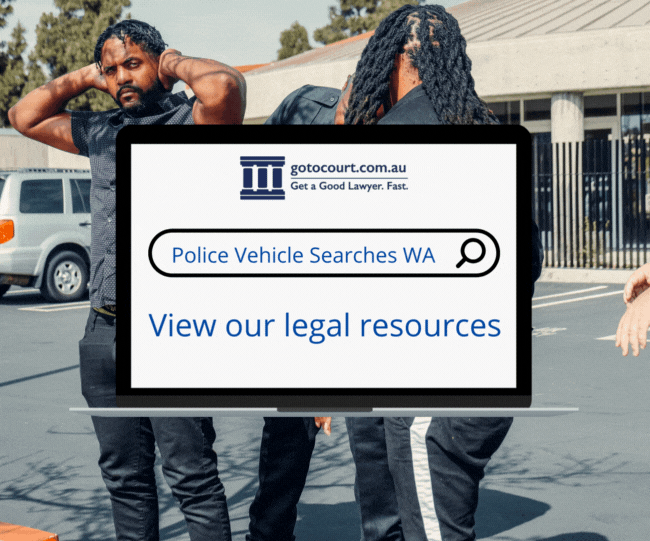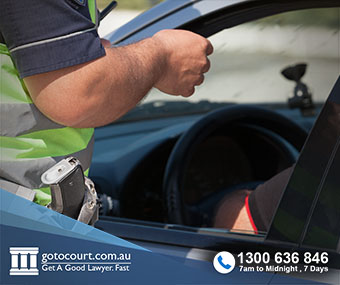Police Vehicle Searches Western Australia (WA)
Police Vehicle Searches Western Australia (WA)
Police in Western Australia have a great deal of power under the Criminal Investigation Act 2006, but there are limits to their authority. For instance, police in Western Australia do not have the power to search a car without the driver’s consent unless they have either a warrant, consent or reasonable suspicion. This page explains the legality of police vehicle searches in Western Australia.
What is a vehicle?
The legal definition of a “vehicle” is any means of transportation. This includes a vehicle that is permanently parked in one place.
Vehicle searches with consent
Police can conduct a search of a vehicle at any time with the driver’s consent. This circumstance usually comes about when a police officer pulls a driver over and asks for permission to look inside the vehicle. A driver does not have to give consent to a police vehicle search and can withdraw their consent at any time before the police complete their search. A driver can also ask the police about the legal basis of any proposed search and decide whether to give consent. If a driver remains silent when asked for consent, then the police must assume that they have declined to give permission.
If the driver does not consent and the police follow through with a search anyway, the driver should remain calm and make a note of anything the police say about the legal basis of the search. A driver can be charged with obstructing police if they are abusive or resist the search.
Vehicle search with a warrant WA
A warrant grants power to search and seize a specific thing or person. During the investigation of a criminal offence, a magistrate, judge or justice of the peace in WA may issue a search warrant giving the police authority to search a vehicle. Police may, for instance, obtain a warrant to search a specific vehicle for evidence relevant to a drug or weapon offence or to look for the proceeds of a crime.
When conducting a search under a warrant, the police must identify themselves and inform the driver of the reason for the search. The police should ask whether the driver consents to the search and advise them that the search can still be carried out even if they decline, and inform the driver that it is an offence to obstruct the search. The police can impound the vehicle and transport it to another location if it is not safe or possible to search the vehicle in place.
Police vehicle searches without warrant in Western Australia
In certain circumstances, police have powers to search a vehicle without consent or a warrant. For instance, a police officer can stop and search a vehicle if they have reasonable grounds to suspect that there is an individual in the vehicle who is the subject of an outstanding warrant, or who is suspected of committing a serious offence (an offence with a penalty of at least five years imprisonment). In that event, the police are authorised to search the vehicle for the suspect, but if they incidentally find evidence of an offence, it can be seized as evidence.
Additionally, the police can search a car without a warrant if they have reasonable grounds to suspect that:
- the vehicle contains material relevant to a criminal offence, including drugs, weapons or stolen goods;
- the vehicle holds the proceeds of crime (power conferred under the Criminal Property Confiscation Act 2000);
- the vehicle is in a designated special security area, or they reasonably suspect that it is necessary to keep the public safe;
- the vehicle itself was involved or likely to be involved in a criminal offence; or
- a driver or passenger is likely to be the victim of a criminal offence.
In short, the police can stop and search a vehicle without a warrant if it is necessary to prevent the vehicle from being used in an offence or getting away from the scene of a crime. Additionally, the police can pull over and search a vehicle to prevent damage to the vehicle or any other vehicle, and to protect the safety of any person inside or around the vehicle.
Admissibility of evidence
The courts might exclude evidence from a criminal trial that was acquired through a police vehicle search if there was no warrant, consent or reasonable grounds to conduct a search. For instance, the courts may not find it reasonable for the police to search a car on the basis that the driver seemed nervous during a routine traffic stop.
The admissibility of evidence found during an unlawful search was established in a High Court review of a Supreme Court of Western Australia case, Bunning v Cross [1978]. Under the High Court’s ruling, the onus is on the accused to prove police misconduct and justify excluding the evidence. The courts typically deal with admissibility of such evidence during a preliminary hearing, where they consider the following:
- the nature of any unlawful conduct by the police;
- whether the search was in reckless disregard of the law, or was an accidental oversight;
- the relative ease with which the police could have lawfully conducted the search;
- whether the unlawful conduct was tolerated or encouraged by the police officer’s superiors;
- the importance of the evidence uncovered in the vehicle; and
- the seriousness and nature of the criminal offence.
Call Go To Court Lawyers on 1300 636 846 for more information about police vehicle searches in Western Australia. It is vital to contact our experienced solicitors if you believe that you have been subject to an unlawful search.

Affordable Lawyers
Our Go To Court Lawyers will assist you in all areas of law. We specialise in providing legal advice urgently – at the time when you need it most. If you need a lawyer right now, today, we can help you – no matter where you are in Australia.How It Works




1. You speak directly to a lawyer
When you call the Go To Court Legal Hotline, you will be connected directly to a lawyer, every time.

2. Get your legal situation assessed
We determine the best way forward in your legal matter, free of charge. If you want to go ahead and book a face-to-face appointment, we will connect you with a specialist in your local area.

3. We arrange everything as needed
If you want to go ahead and book a fact-to-face appointment, we will connect you with a specialist in your local area no matter where you are and even at very short notice.

